It’s vital for democracy that Donald Trump admits he lost
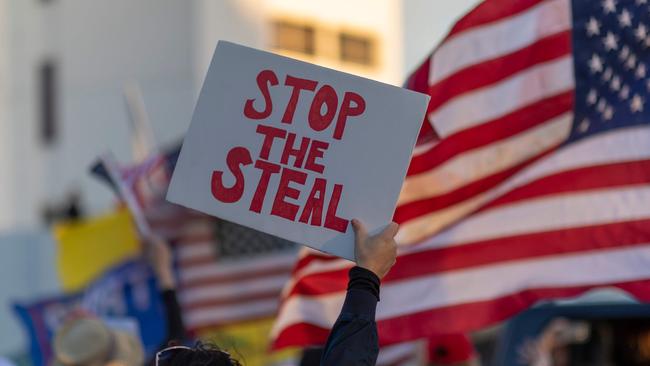
In his biography of Richard Nixon, John A Farrell relates how, in the immediate aftermath of the 1960 election, his subject came to believe that John F Kennedy had stolen the presidency. He took the view that in both Texas and Illinois local bosses had stuffed the ballot, and that this accounted for the winning margin.
The New York Herald Tribune put the journalist Earl Mazo on the case and Mazo believed he was on his way to a Pulitzer prize. Until Nixon withdrew his assistance.
Nixon realised that JFK’s margins were probably too big to overturn, appreciated that a recount would take too long and be pointless, worried his own side’s ballot irregularities would surface, didn’t want to look like a sore loser, and most important of all, as he put it later in his own book Six Crises, “could think of no worse example for nations abroad, who for the first time were trying to put free electoral procedures in place”.
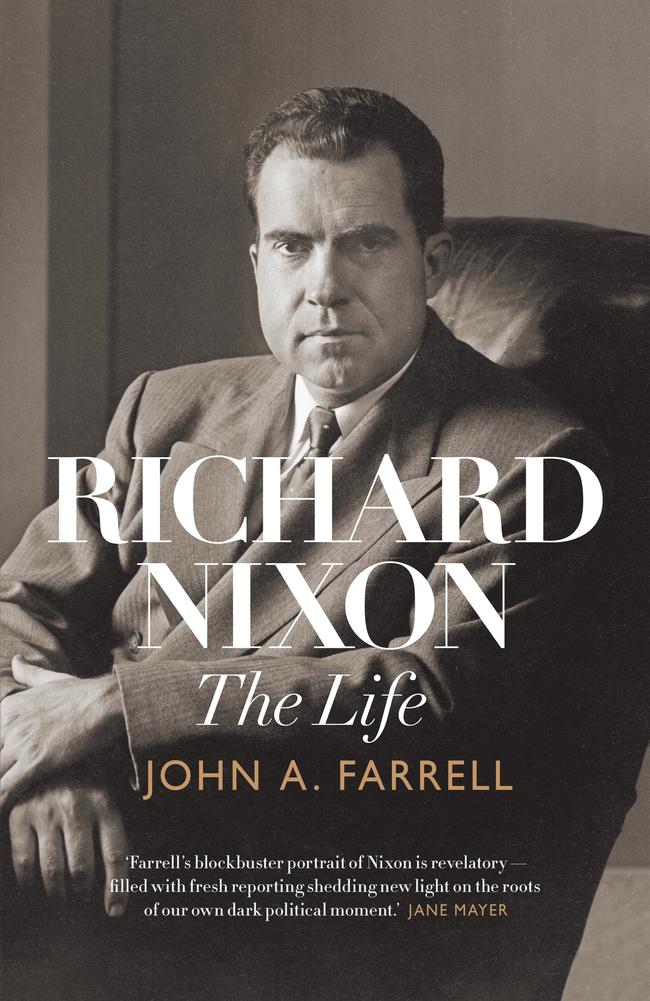
None of this restraint, nor even the absence of such evidence as there was in 1960, has put off Donald Trump, who now becomes one of the few presidents who is able to say that they lost a character competition with Richard Nixon. Mr Trump’s behaviour is shocking. The fact that it was predictable must not be allowed to obscure how alarming it is. It is one thing to claim that there have been some anomalies or errors and to insist on the right to challenge them in court. That is his right. It is what courts are there for. But it is quite another to baselessly allege a vast conspiracy encompassing the “lamestream” media, “suppression polls” and the Democratic Party.
Mr Trump’s certainty that he won is based upon his faith in his own unique power of insight into the public psyche, a power that cannot be undermined by a mere act of counting.
I suppose it’s being a Jew that makes me particularly nervous when people start talking about the mysterious “them” who are plotting to frustrate the will of the people, a will which only the leader can divine. And one can only look on in astonishment and dismay at serious and intelligent people willing to support Mr Trump’s transparently obvious invention.
However, most worrying of all is that what Mr Trump is attacking is the cornerstone of democracy. He is withholding loser’s consent.
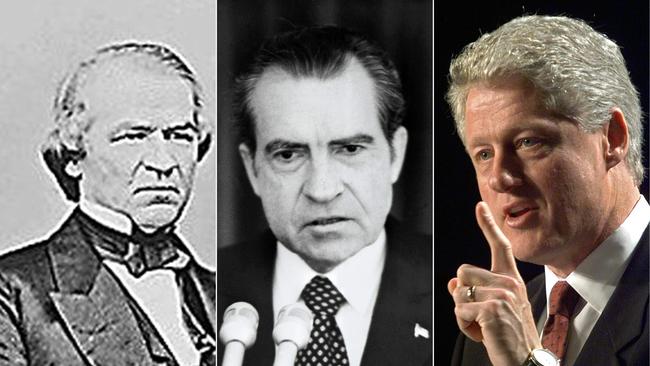
In their recent book Democracy for Realists, Christopher Achen and Larry Bartels suggest that democracy isn’t very good at representing public opinion (partly because people often don’t have consistent longstanding views), or at providing a mandate or at holding politicians to account. But this doesn’t mean it doesn’t work.
They cite as their primary reason for believing this that “first, and perhaps most obviously, elections generally provide authoritative, widely accepted agreement about who shall rule”. There is, inevitably, an element of lottery about elections but that is acceptable “so long as all concerned abide by the toss of the coin”.
It may be, for instance, grossly unfair that an economic slump or a natural disaster over which it has little or no control contributes to the fall of a government. What is more important is that the fall allows power to alternate peacefully, ensuring that no one group is loser all the time and no group permanently (and in the end almost certainly corruptly) retains power.
So obtaining loser’s consent to the holding and transfer of power is the primary way that democracy contributes to liberty. Mr Trump could scarcely be attacking anything more important.
Does this, however, matter to us, given that we don’t live in the United States of America? Yes, and for two reasons, the first of which Nixon understood. The United States has long been an example for newly democratic states seeking to preserve peace and advance freedom. Perhaps the most important and difficult thing for them to learn is how to pass power between government and opposition without violence.
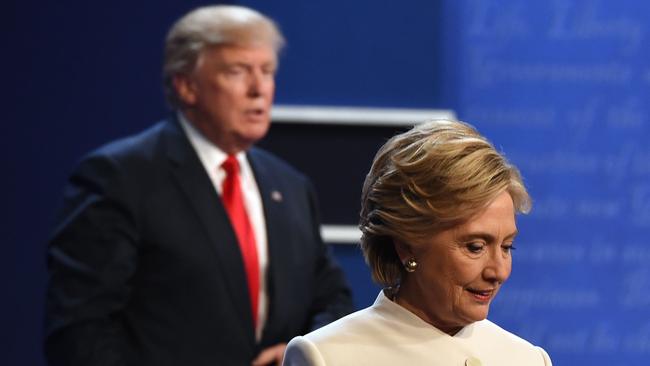
Even if what Mr Trump is doing does not lead to violence in America (which it is surely quite likely to do) it may lead to violence in other countries and make the world a less stable place, which is very much against our national interest.
The other reason why it matters is that while Mr Trump’s may be the crassest and most dangerous attempt to withhold loser’s consent in an advanced democracy, it is by no means the first. It may simply be the latest data point in a worsening trend.
Despite their endorsement of Mr Trump’s inventions and authoritarianism, some of his supporters did have a point that their president was never treated as legitimate himself. Hillary Clinton did formally concede but she and many liberals then spent the next four years rowing that concession back.
Last year, in an interview with CBS, Mrs Clinton said of Mr Trump that “he knows he’s an illegitimate president. I believe he understands that the many varying tactics they used, from voter suppression and voter purging, to hacking, to the false stories – he knows that – there were just a bunch of different reasons why the election turned out like it did.” Jimmy Carter said that in 2016: “[Trump] lost the election and he was put into office because the Russians interfered on his behalf.”
We are not immune to this trend in Britain. For more than three years after the Brexit referendum its result was resisted by a significant proportion of Remainers. Many people argued fiercely that the result shouldn’t stand because it was obtained by lying or, again, that the Russians had been responsible. Others conceded the result but withheld loser’s consent by simply stopping us actually leaving.
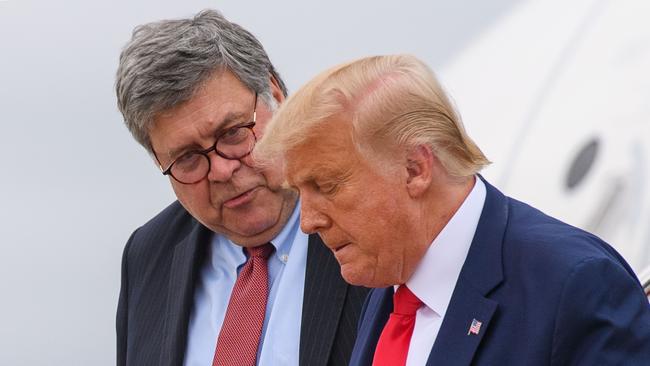
In Scotland a slightly different variant of this has been to appear to accept the independence referendum result while arguing that there needs to be another one straight away.
Some Trump supporters here and in the US hilariously cite these facts to try to justify his behaviour and their arguments. Can’t they see it makes it worse? It adds hypocrisy to the charge sheet. After all they’ve said about democracy and sore losers and cry babies, Mr Trump turns out to insist on remaining when the results say he should leave. He has become a Remoaner.
Withholding loser’s consent is a form of cancel culture, of trying to wipe out opinions and facts and results people don’t like instead of engaging with them. It is a profoundly dangerous development and one that Mr Trump has made far worse.
Yet the first step to confronting this infringement of democratic norms is to make sure, all of us, that we aren’t guilty of it ourselves.
daniel.finkelstein@thetimes.co.uk
The Times

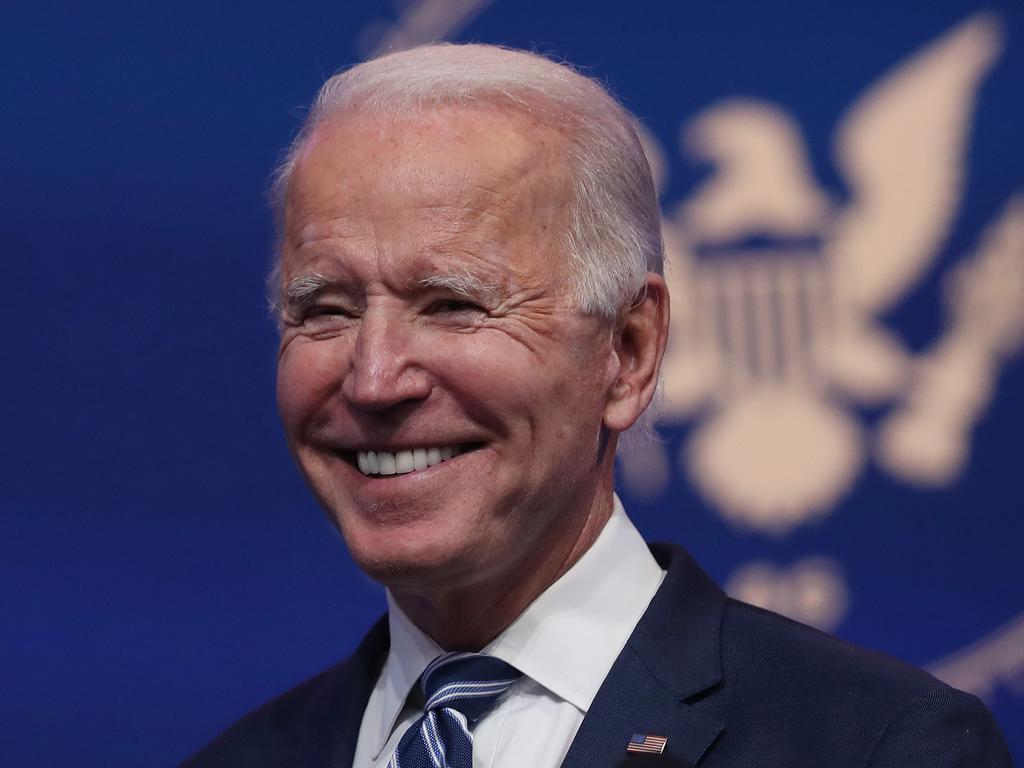


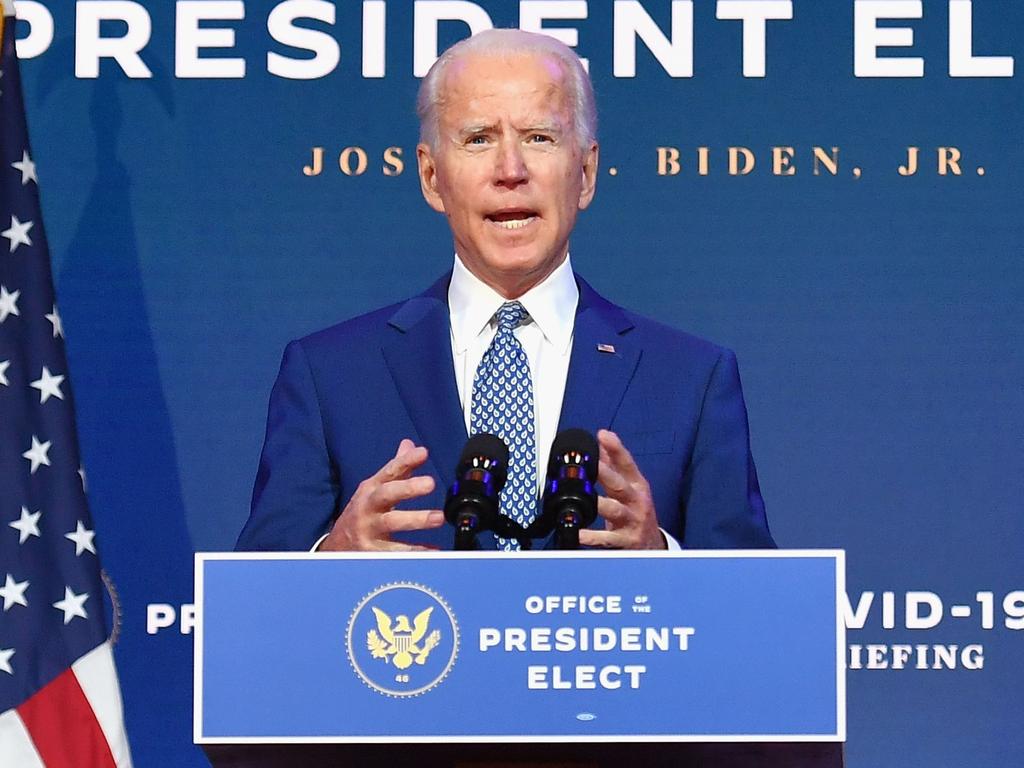


“Earl, these are interesting articles you are writing – but no one steals the presidency of the United States … Our country cannot afford the agony of a constitutional crisis.”